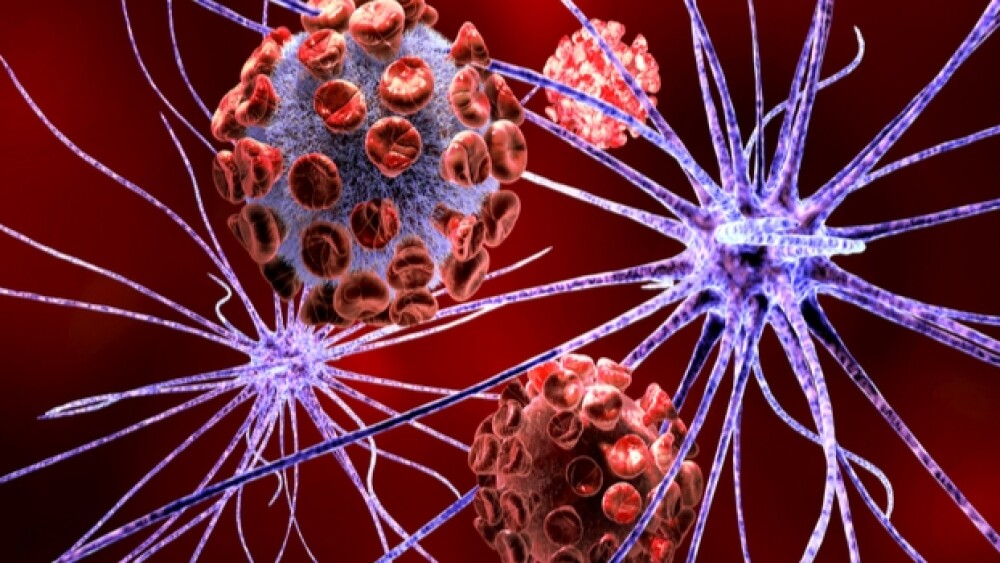Genentech, a Roche company, presented one-year data from FIREFISH Part 2, its pivotal trial of risdiplam in infants one to seven months old with symptomatic Type 1 spinal muscular atrophy.
Genentech shared the 12 month data of risdiplam.
Genentech, a Roche company, presented one-year data from FIREFISH Part 2, its pivotal trial of risdiplam in infants one to seven months old with symptomatic Type 1 spinal muscular atrophy (SMA). The trial met the primary endpoint with 29% of the babies sitting without support for five seconds by month 12 as assessed by the Gross Motor Scale of the Bayley Scales of Infant and Toddler Development Third Edition (BSID-III).
SMA is a severe, inherited neuromuscular disease resulting in muscle atrophy. It affects about one in 11,000 babies and is the most common genetic cause of infant mortality. It leads to progressive loss of nerve cells in the spinal cord.
In January, Genentech announced positive topline data from the FIREFISH Part 2 study. There are currently two therapies available for the disease, Novartis’ gene therapy Zolgensma and Biogen’s Spinraza.
Zolgensma is approved for children less than two years old with SMA that have bi-allelic mutations in the survival motor neuron 1 (SMN1) gene. It is only approved for SMA Type 1, the severest form. Spinraza is approved to treat all forms of SMA.
Earlier in January, Genentech discussed their probable pricing for risdiplam, whose New Drug Application (NDA) is already submitted to the U.S. Food and Drug Administration (FDA) and had a PDUFA date of May 24, which has since been moved back to August 24, 2020 after receiving additional data. Spinraza is priced at $750,000 for the first year and $375,000 every year afterwards. Novartis’ Zolgensma, which is a one-shot gene therapy, is priced at $2.1 million. Genentech’s plan is to undercut Biogen’s and Novartis’ prices, using a similar strategy to what is used when pricing its hemophilia A drug Hemlibra in 2017 when it worked to compete with Novo Nordisk and Takeda.
Of the one-year data, Levi Garraway, Genentech’s chief medical officer and head of Global Product Development, said, “These results confirm the clinically meaningful efficacy of risdiplam in infants with an advanced and difficult-to-treat disease. We thank the SMA community for their partnership and especially the 62 families from around the world who participated in Parts 1 and 2 of the FIREFISH study.”
At the time of the analysis, the median duration of treatment was 15.2 months, with a median age of 20.7 months. An exploratory endpoint, 95% of infants who were alive at 12 months had the ability to swallow, and 89% could feed orally. By contrast, in a natural history cohort, all of the children with Type 1 SMA who were older than 12 months still required feeding support.
Risdiplam is an investigational survival motor neuron-2 (SMN-2) splicing modifier administered as an oral liquid. The therapy is designed to increase and sustain SMN protein levels in the central nervous system and in peripheral tissues.
The drug is being evaluated in a broad clinical SMA program with patients ranging from birth to 60 years of age, including pre-symptomatic patients and ones treated with other SMA therapies.
Analysts project risdiplam could hit $2 billion in annual sales. Earlier this year, Michael Nawrath, an analyst with Zuercher Kantonalbank, wrote in a note to investors, “We’re almost certain of its approval,” and predicted the drug could become the standard treatment for patients with the less severe forms of SMA.





